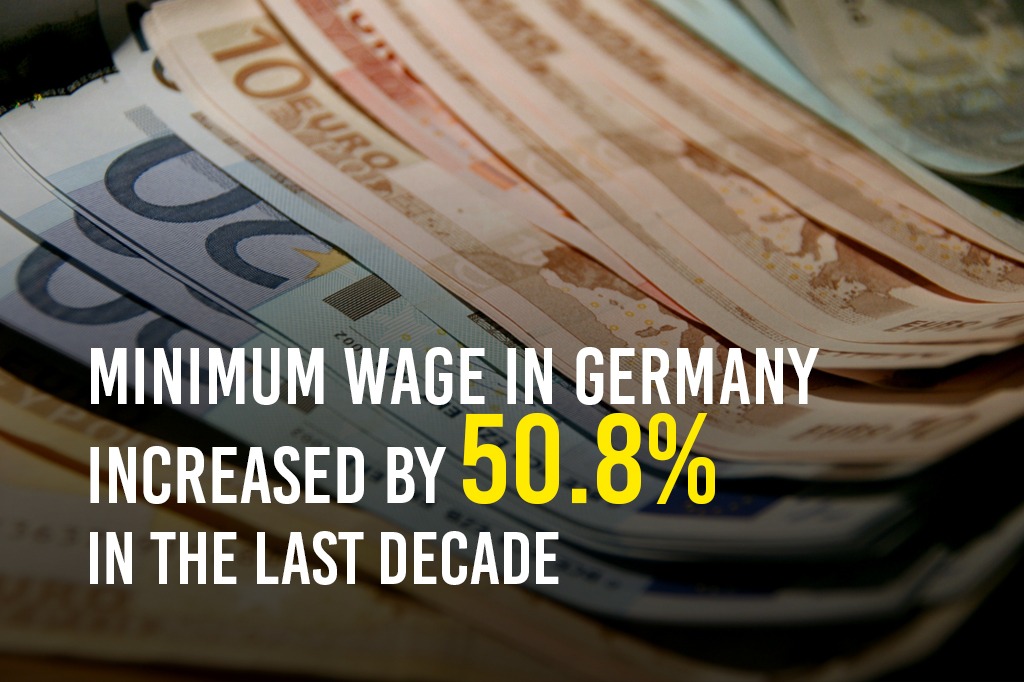

“Welcome to Safeland International – Best German study abroad consultancy, your dedicated partner for turning academic dreams into reality in Germany! At Safeland, we’re driven by the belief that education transcends borders. Our passion lies in guiding ambitious students, like yourself, on the enriching journey to secure admissions in prestigious German public universities. Safeland International is the top German Language Institute in Kerala, empowering you to achieve fluency and success in Germany.”
Quick Contact
- 7736071999, 73568 71999







